Plant-Based Collagen Boosters: Herbs and Extracts That Support Elasticity
Our journey into botanical ingredients continues, and today we explore a vital topic for skin health and overall tissue vitality: collagen. While collagen is widely recognized as the body’s structural protein, its natural synthesis can be supported by plant-based ingredients. Lately it seems that collagen is having its moment in the spotlight, with so many products focusing on increasing collagen production. While some of these products seem gimmicky, some are based on the science behind collagen. In this post, we’ll examine what collagen really is, why it is essential, and how specific herbs and extracts can serve as powerful plant-based collagen boosters.
What is Collagen?
Collagen is the most abundant protein in the human body, providing structure and strength to our skin, tendons, ligaments, and bones. Often described as the “scaffolding” of our tissues, collagen maintains skin elasticity, supports joint function, and contributes to the overall resiliency of connective tissues. As we age or are exposed to environmental stressors, the body’s collagen production naturally declines. This reduction can lead to wrinkles, less elastic skin, and joint discomfort.
Why Collagen is Important
Skin Elasticity and Hydration: Collagen gives skin its firmness and turgor, keeping it smooth and hydrated.
Joint and Bone Support: Healthy collagen levels ensure that joints remain cushioned, reducing the risk of injuries and promoting mobility.
Wound Healing and Tissue Repair: Collagen plays a key role in the healing process by forming new tissue and maintaining structural integrity.
Overall Structural Health: From providing tensile strength to supporting vascular structures, collagen’s role spans multiple systems in our body.
The Need for Plant-Based Collagen Boosters
For individuals following a plant-based lifestyle or those who prefer botanical solutions, sourcing collagen from animal products isn’t an option. Instead, you can use plant-derived ingredients that support the body’s natural ability to produce collagen through one or more of the following mechanisms:
Providing Essential Nutrients: Ingredients high in vitamin C and antioxidants are crucial because vitamin C is a co-factor for collagen synthesis.
Enhancing Protein Synthesis: Certain herbs stimulate the body’s protein-building pathways, indirectly supporting collagen production.
Anti-Inflammatory and Antioxidant Effects: By reducing oxidative stress and inflammation, these botanicals help preserve existing collagen and encourage new production.
6 Botanicals That Boost Collagen Synthesis
1. Centella Asiatica (Gotu Kola)
This herb, also known as pennywort, is celebrated for its wound-healing and skin regenerating properties. Studies suggest that Gotu kola can stimulate collagen synthesis and enhance skin elasticity by promoting fibroblast proliferation. It also possesses anti-inflammatory properties, which help reduce skin impairment and boost overall skin repair mechanisms.
2. Aloe Vera
Aloe vera is not only soothing but also rich in vitamins, enzymes, and amino acids that support collagen production. Its bioactive compounds help maintain moisture balance in the skin while stimulating the synthesis of collagen in the dermis, leading to smoother skin and improved wound healing.
3. Horsetail (Equisetum arvense)
Horsetail is prized in herbal medicine for its high silica content—a mineral that plays a role in collagen formation. Silica helps strengthen connective tissue and improve skin texture while promoting collagen repair processes. Additionally, its antioxidant properties protect skin cells from stress-induced damage.
4. Rosehip (Rosa canina)
Rosehip is rich in vitamin C, a critical nutrient required for collagen synthesis. This antioxidant herb also contains essential fatty acids that help nourish the skin. Regular use of rosehip extracts may enhance overall skin tone and reduce signs of aging by supporting collagen stability.
5. Turmeric (Curcuma longa)
Curcumin, the active compound in turmeric, offers potent anti-inflammatory and antioxidant benefits. By reducing inflammation, turmeric helps protect collagen from enzymatic degradation. Some research suggests that curcumin can indirectly promote collagen synthesis by supporting a healthier cellular environment.
6. Green Tea Extract
Packed with polyphenols such as EGCG, green tea extract combats oxidative stress and protects collagen fibers from degradation. Its anti-inflammatory properties further support a balanced skin environment, helping maintain the integrity of collagen structures in the skin.
Additional Nutrients for Collagen Support
Beyond these herbs, consider incorporating foods and botanicals rich in amino acids, zinc, and other micronutrients essential for collagen production:
Vitamin C-rich fruits and vegetables (e.g., citrus fruits, bell peppers) complement your herbal regimen.
Plant proteins and legumes offer the building blocks for collagen synthesis.
Antioxidant-dense berries help neutralize free radicals that might otherwise degrade collagen.
How to Use These Botanical Collagen Boosters
Topical Applications: Look for skincare products infused with these extracts, such as serums and creams that target wrinkles and skin elasticity.
Dietary Supplements: Many of these herbs are available as supplements or tinctures. Combine them with a diet rich in vitamin C to maximize collagen production.
DIY Herbal Remedies: Consider creating your own herbal infusions or face masks using these ingredients to support collagen maintenance from the outside in.
Conclusion: Embrace the Power of Plant-Based Collagen Boosters
Plant-based collagen boosters are a promising natural approach to maintaining and enhancing skin elasticity, joint health, and overall tissue integrity. By embracing herbs like Gotu kola, aloe vera, horsetail, rosehip, turmeric, and green tea extract, you can support your body’s natural collagen production and defy aging in a holistic way. Integrate these botanical wonders into your daily routine and enjoy the benefits of naturally vibrant, resilient skin and connective tissues.
References
Shoulders, Matthew D, and Ronald T Raines. “Collagen structure and stability.” Annual review of biochemistry vol. 78 (2009): 929-58. doi:10.1146/annurev.biochem.77.032207.120833
Wang, Hsiuying. “A Review of the Effects of Collagen Treatment in Clinical Studies.” Polymers vol. 13,22 3868. 9 Nov. 2021, doi:10.3390/polym13223868
Campos, Luana Dias, et al. “Collagen Supplementation in Skin and Orthopedic Diseases: A Review of the Literature.” Heliyon, vol. 9, no. 4, 2023, e14961, https://doi.org/10.1016/j.heliyon.2023.e14961..

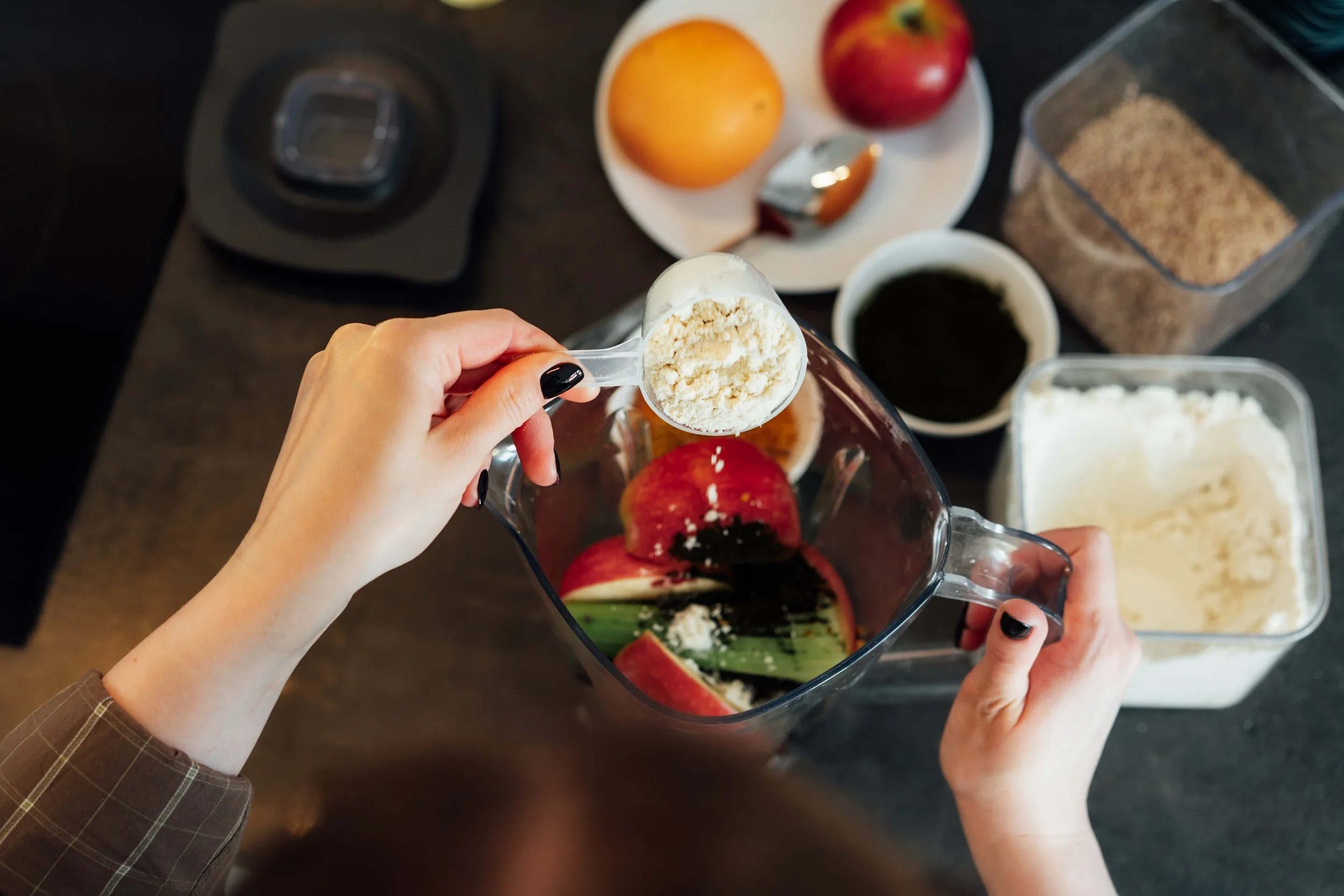
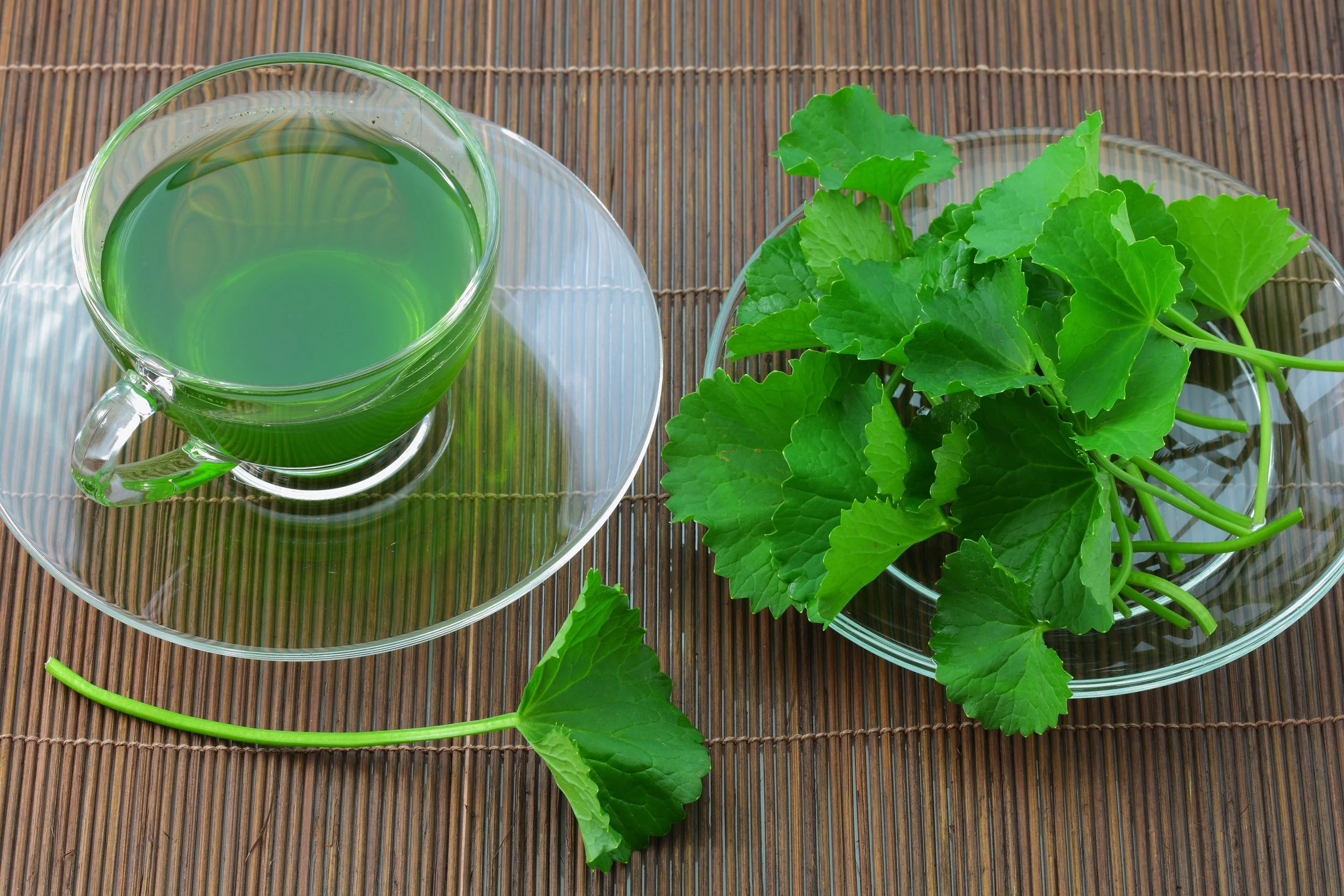
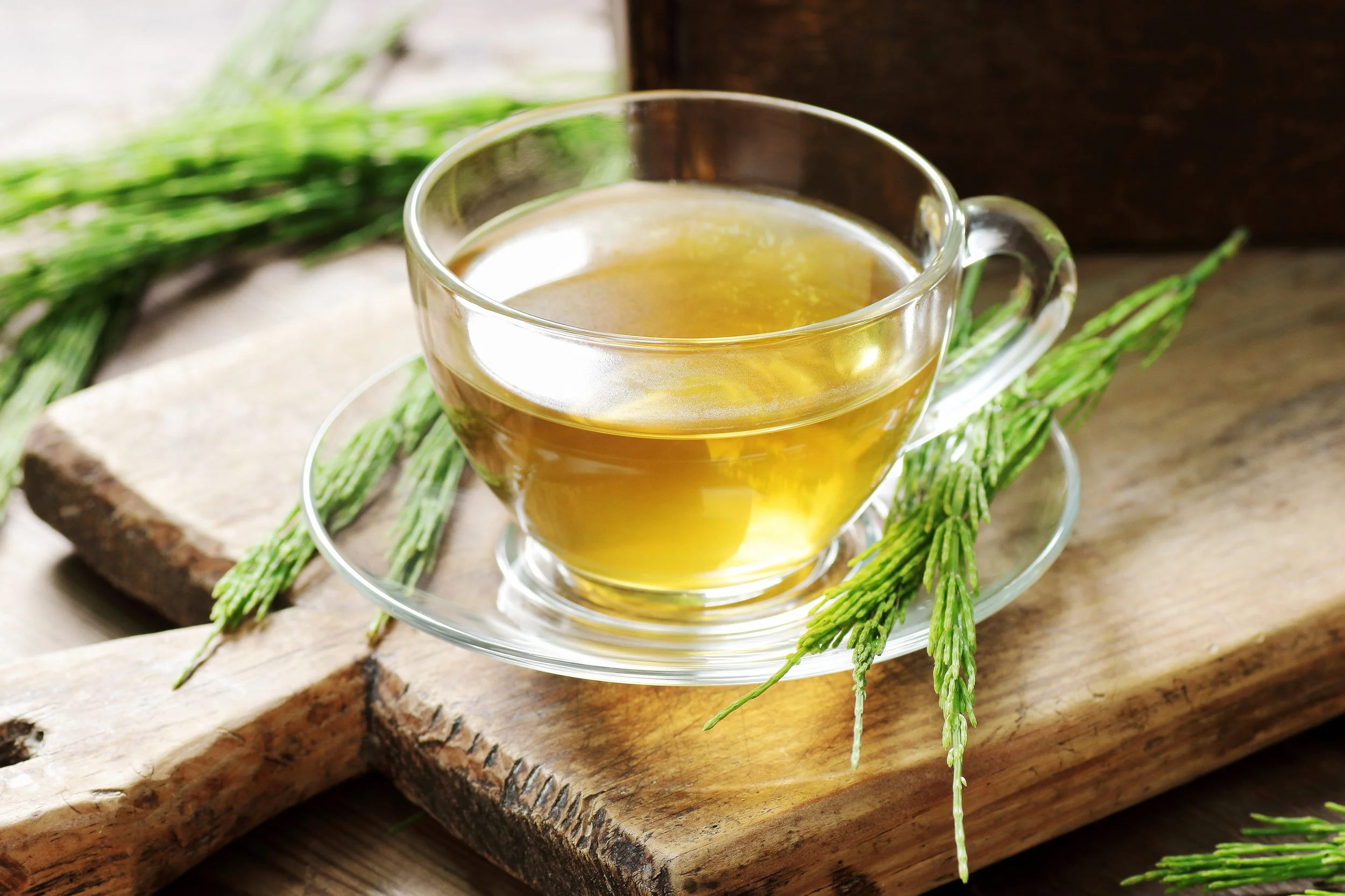
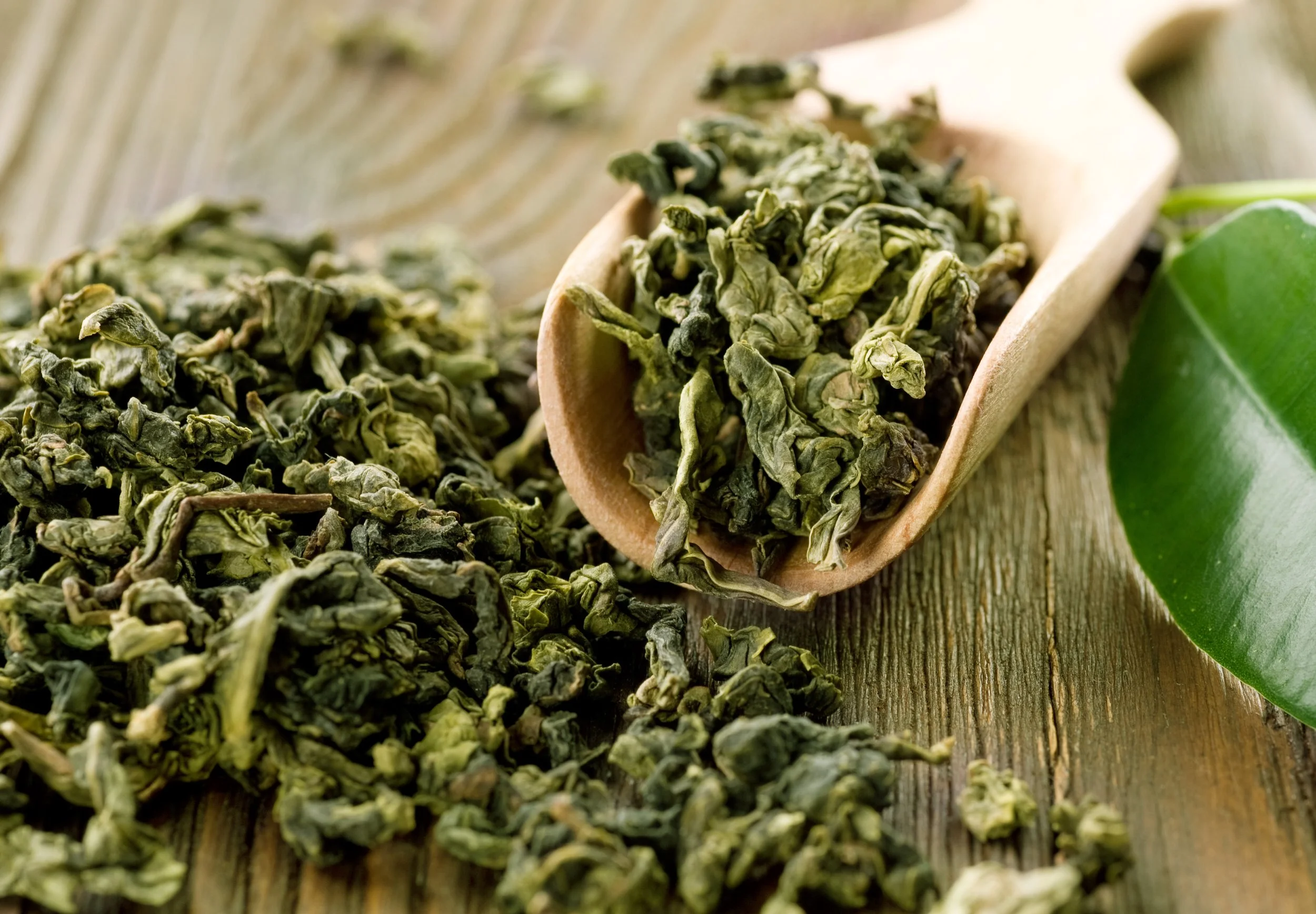






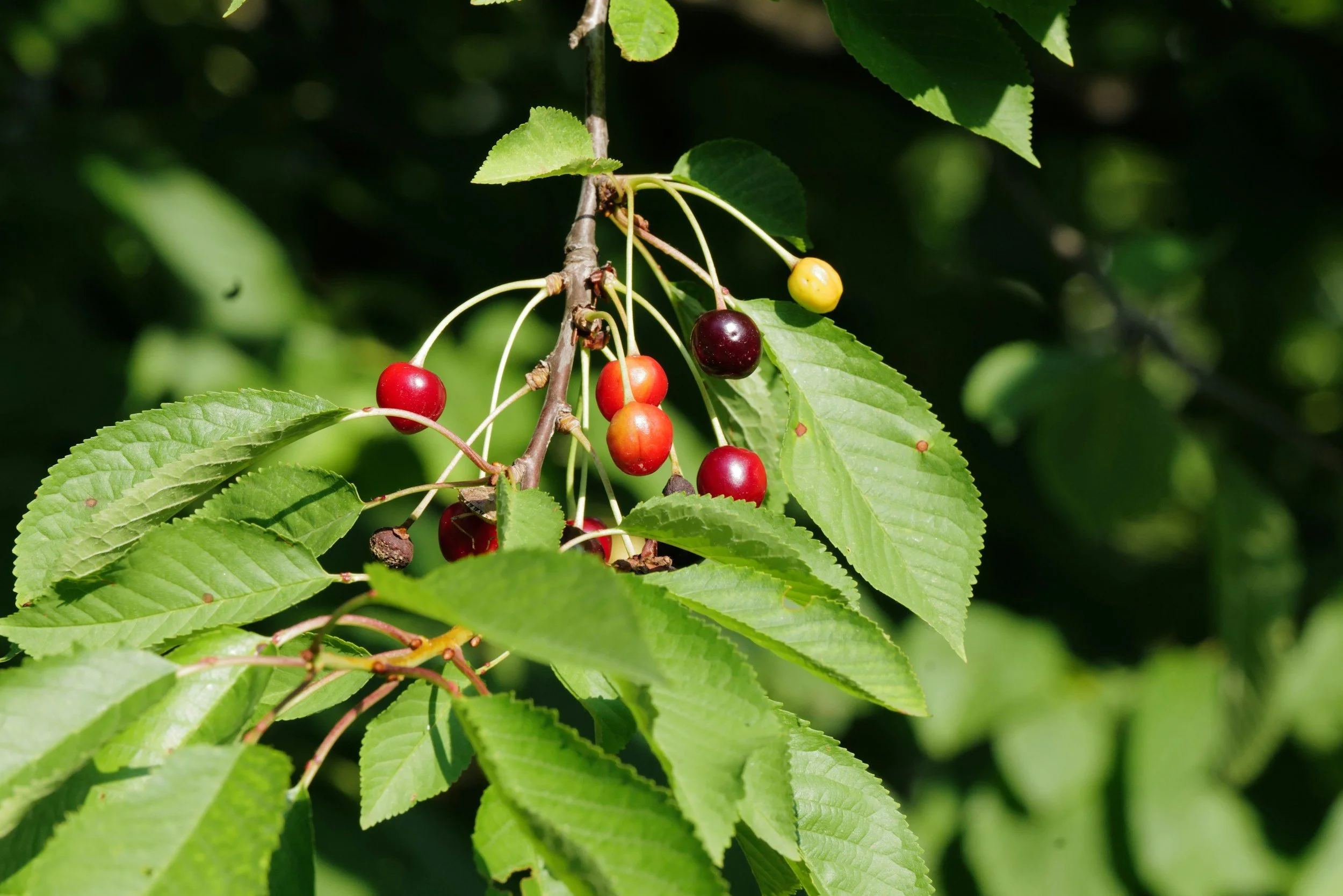
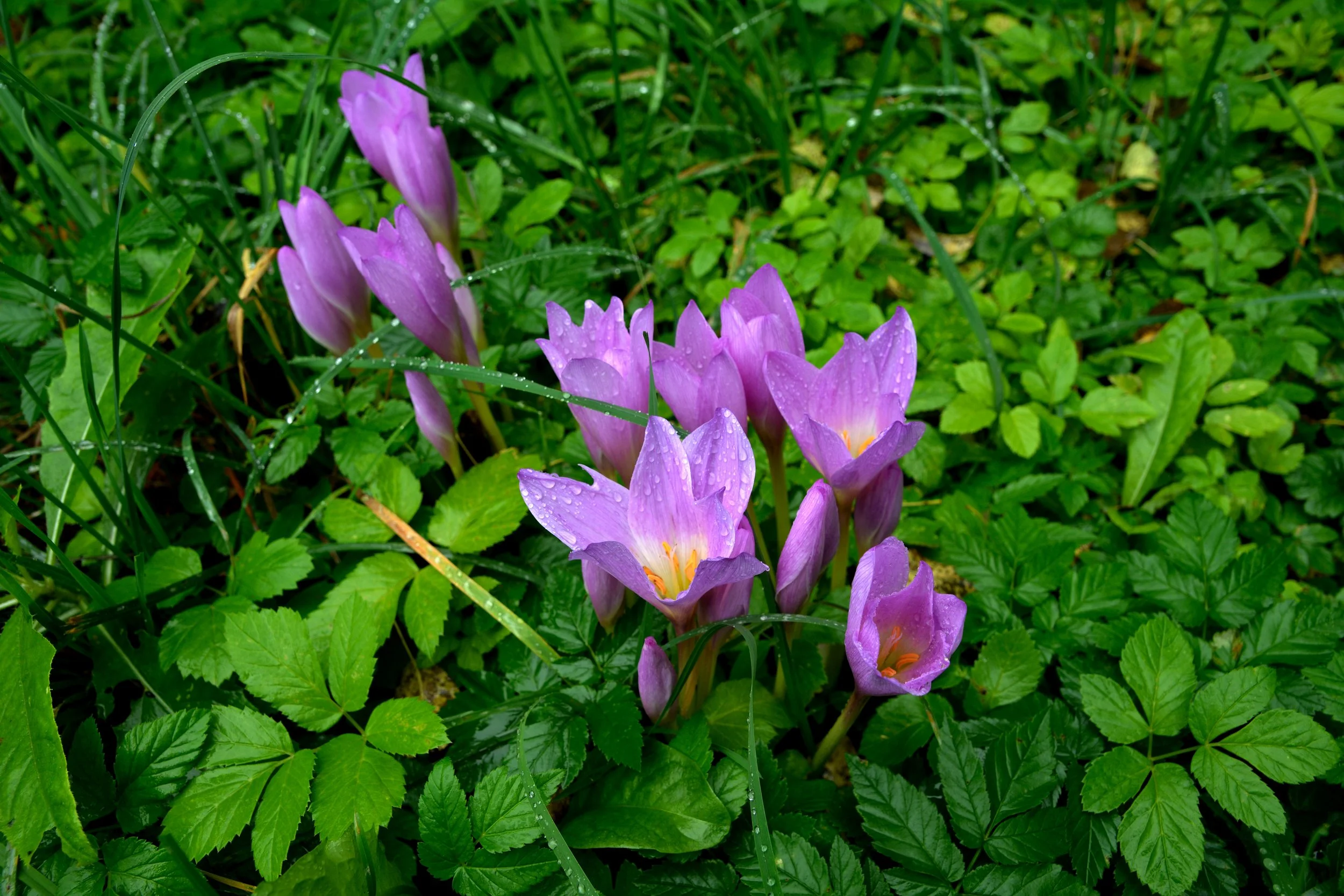

Hello and welcome! I'm Eve, a Chemist turned Herbalist, sharing the wonders of plant medicine and botanical skincare. Join me on this journey to Learn, Create, and Align your Divine!